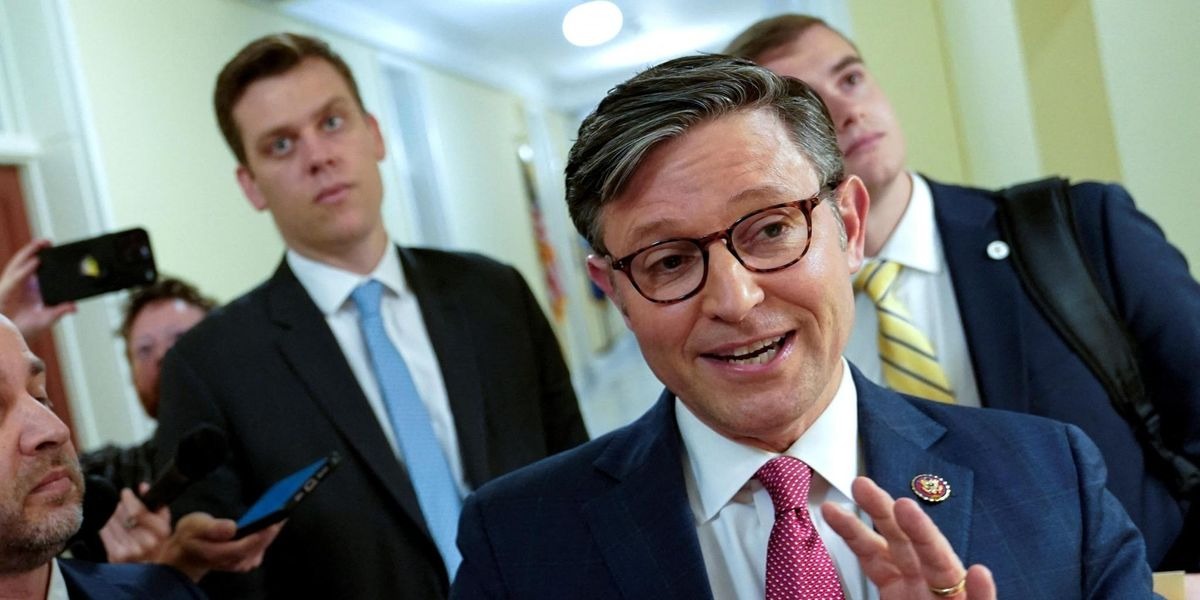Despite fierce conservative opposition, the House of Representatives advanced legislation to provide aid to Ukraine and other allies overseas. The chamber approved the foreign aid rule in a 316-94 vote, allowing for debate on four bills combining military aid to Ukraine, Israel, and
Taiwan with humanitarian assistance to Gaza and other global war zones. The successful rule sets up the final passage of the measures, scheduled for separate votes on Saturday afternoon.
The advancement brings Speaker Mike Johnson one step closer to passing a foreign aid package that has been debated intensely within the Capitol for months. However, the bipartisan vote may land Johnson in hot water with his right flank, which has criticized the package for billions of dollars in Ukraine aid and the exclusion of border security.

Three Republicans on the House Rules Committee voted against the rule, and 55 conservatives voted against it on the House floor. The House Freedom Caucus released an official position urging all Republicans to oppose the rule.
Despite internal opposition, Johnson’s job appears safe for now, thanks to a vote of confidence from former President Trump and potential support from Democrats. The Democratic support was extraordinary, as members of the minority party rarely help majority leaders pass procedural rules.
The bipartisan vote reflects the urgency felt by leaders in both parties, as Ukraine is running low on weapons supplies and Israel is under fire from Iran. The successful rule and upcoming votes on the foreign aid package demonstrate the importance of bipartisan cooperation in addressing critical global issues.

The package’s advancement is a huge victory for Johnson, who has faced intense pressure from conservatives to prioritize border security over foreign aid.
However, the Speaker’s decision to bring the package to the floor has also sparked criticism from some Republicans, who argue that the bill does not do enough to address border security concerns.
Despite these criticisms, the foreign aid package has broad support among Democrats and some Republicans, who argue that supporting U.S. allies and promoting global stability is essential.
The package’s inclusion of humanitarian assistance to Gaza and other war zones has also drawn support from lawmakers who prioritize human rights and global development. As the House prepares to vote on the foreign aid package, lawmakers are keenly aware of the high stakes involved.
The package’s passage would mark a victory for Johnson and a demonstration of bipartisan cooperation in the face of intense political polarization. However, its failure would be a major setback for U.S. foreign policy and a sign of deepening divisions within the Republican Party.


